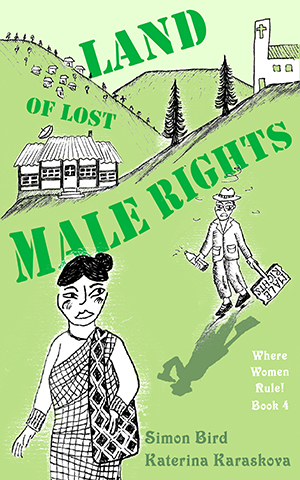
Here the women enjoy such powers over the family that the men have been driven to set up male rights groups and are desperately fighting for equality!
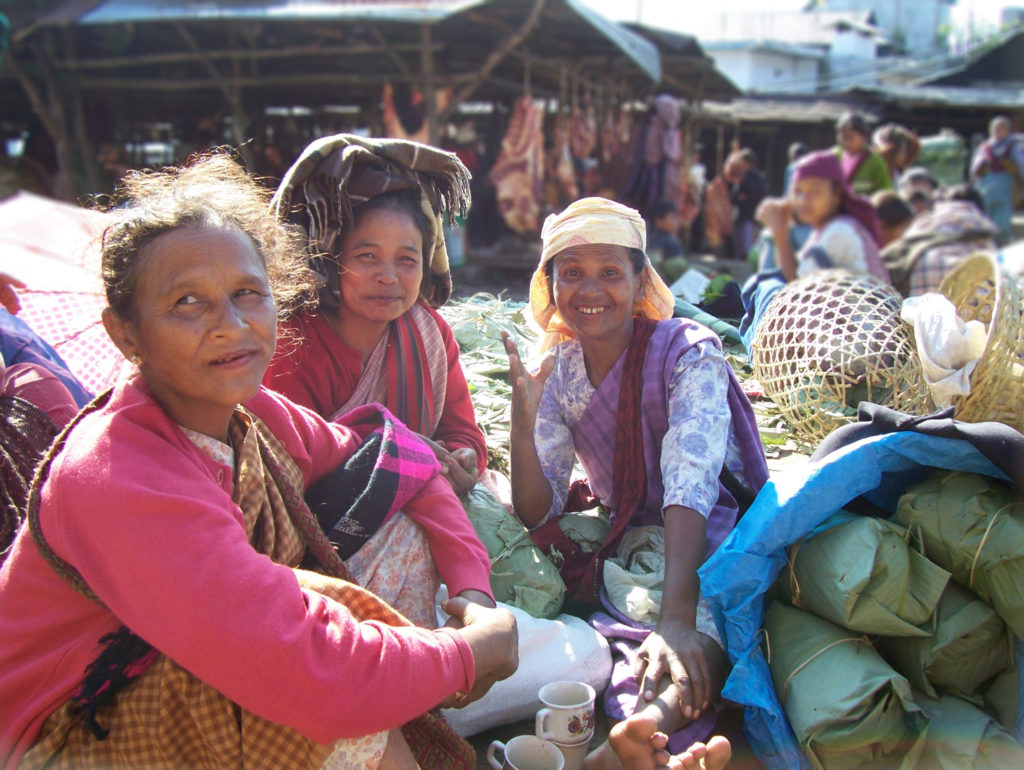
Khasi women gossiping at the Bettle Leaf Market in Pynurslar, Meghalaya, Northeast India.
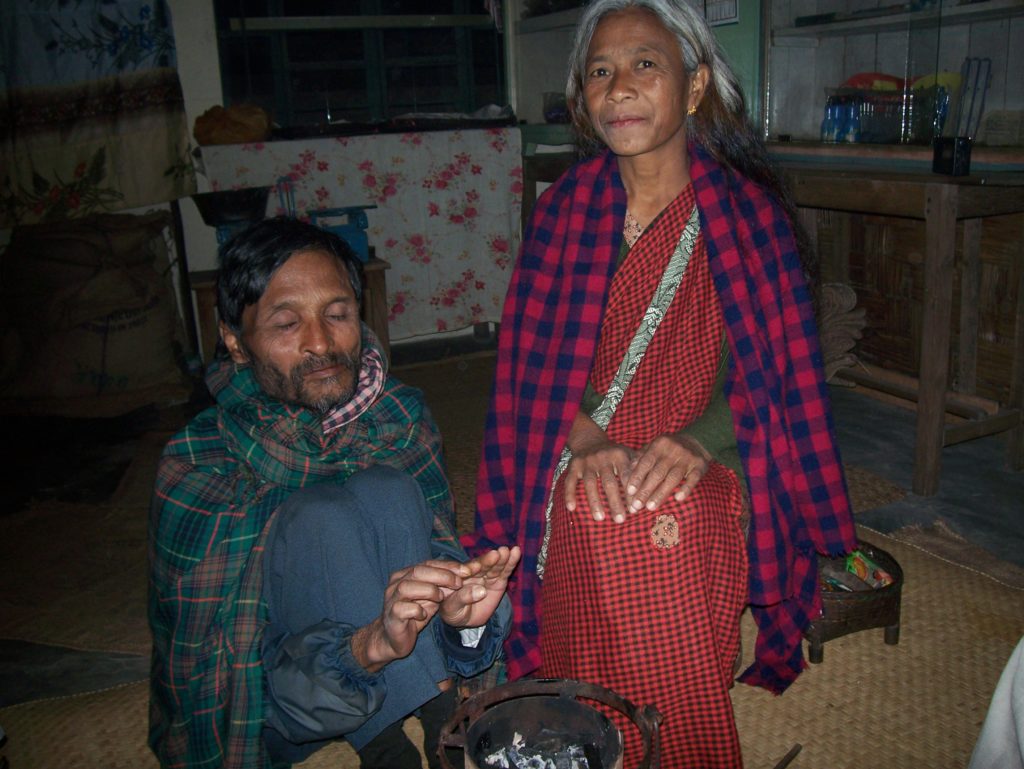
Matriarchal features:
- All children belong exclusively to the mother and take her surname. (Matrilineal name.)
- Daughters are valued higher than sons and inherit money and property (the youngest daughter receives the ancestral home and the responsibility of looking after parents. (Matrilineal inheritance.)
- The husband moves to the wife’s family house, where she becomes the boss. (Matrilocal, matrifocal.)
- In the case of divorce, the man moves out with nothing.
- Both husband and wife work, but it is the wife who keeps the family purse.

If there is a model society to oppose the patriarchal values of this world, then it surely has to be the Khasi culture, where women run the family, own property, take of charge of money and business, and can throw their husbands out whenever they want!
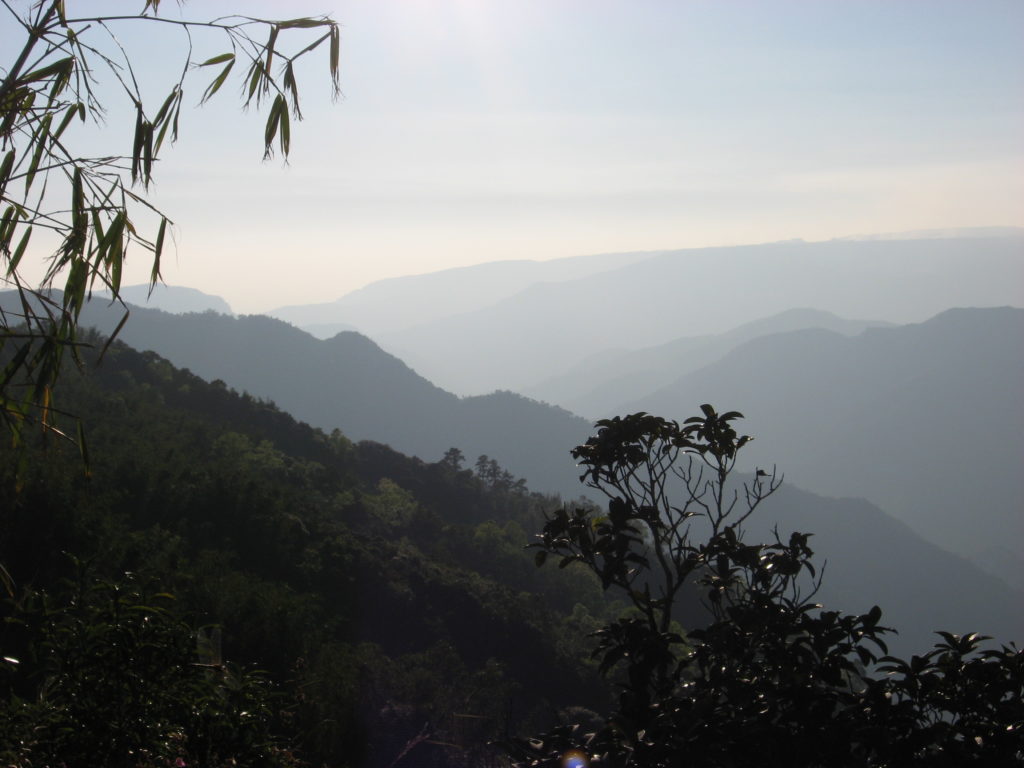
Culture facts:
Location: State of Meghalaya, Northeast India.
Population: Approximately 1.3 million.
Religion: 80% Christian, 15% Khasi animism, 5% others.
Status of the group: The Khasi are registered as a Scheduled Tribe under the Indian constitution. This allows them to have their own self-governing body: Khasi Hills Autonomous District Council (KHADC), which save guards their traditions, including the matrilineal system.
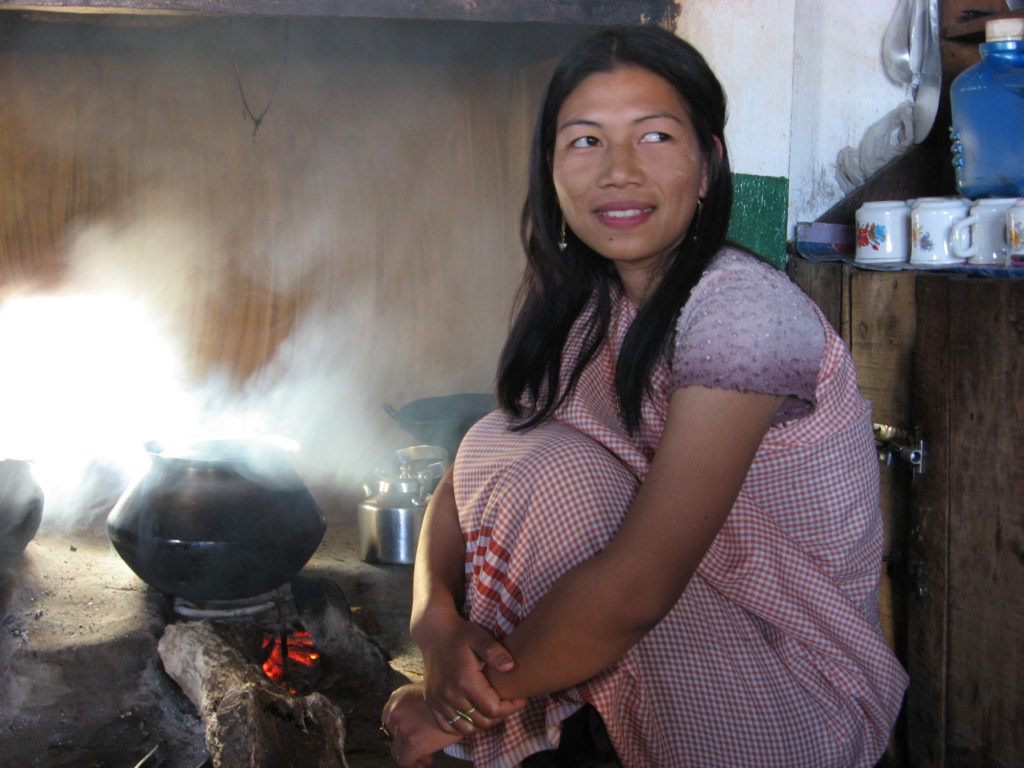
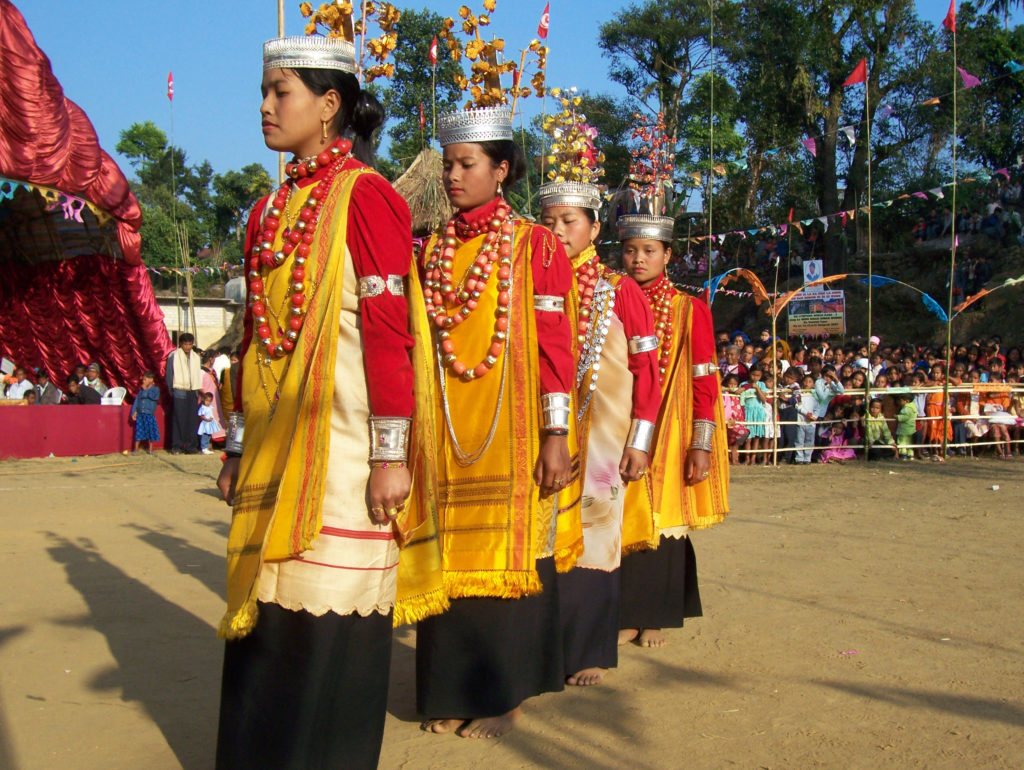
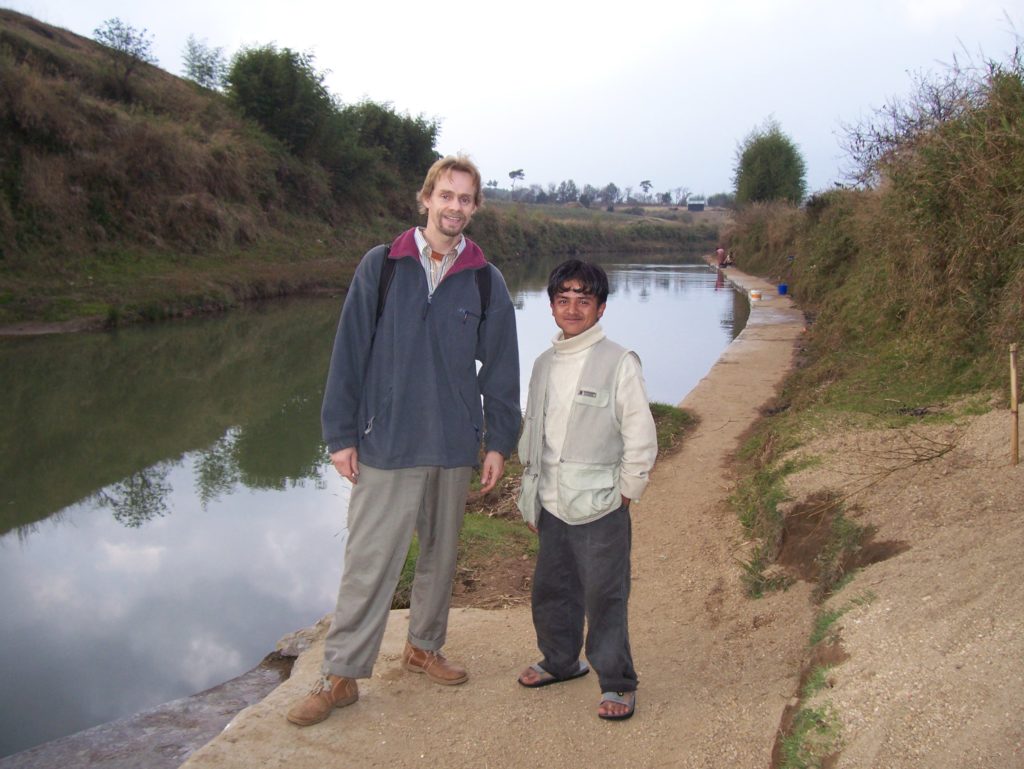
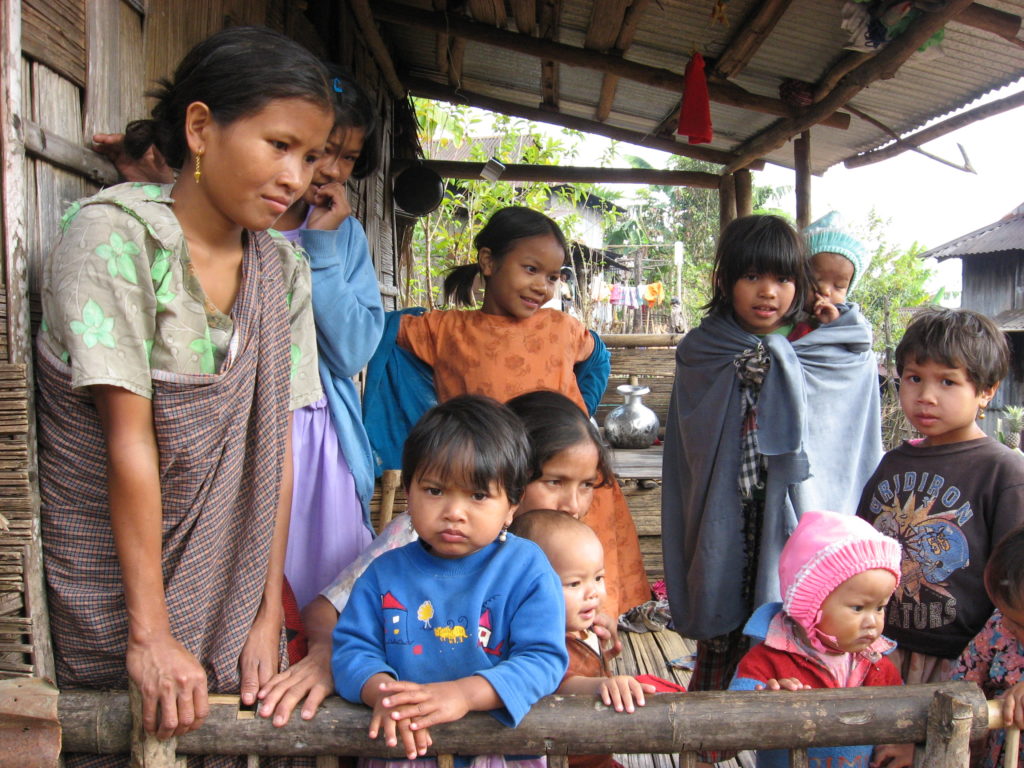
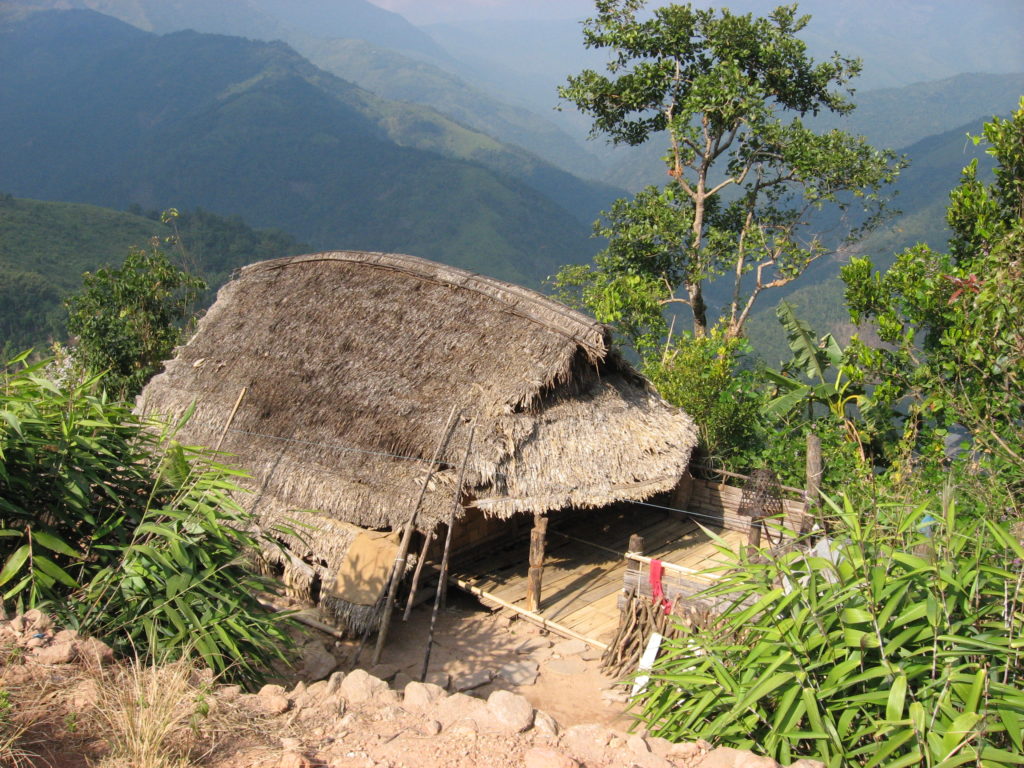
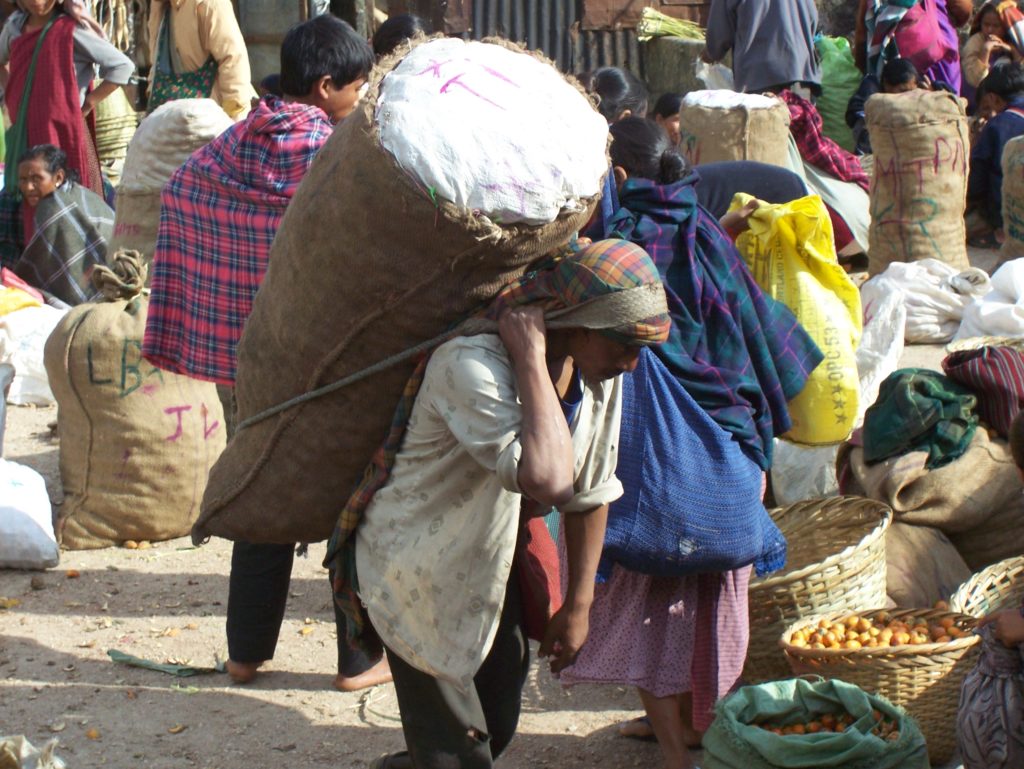
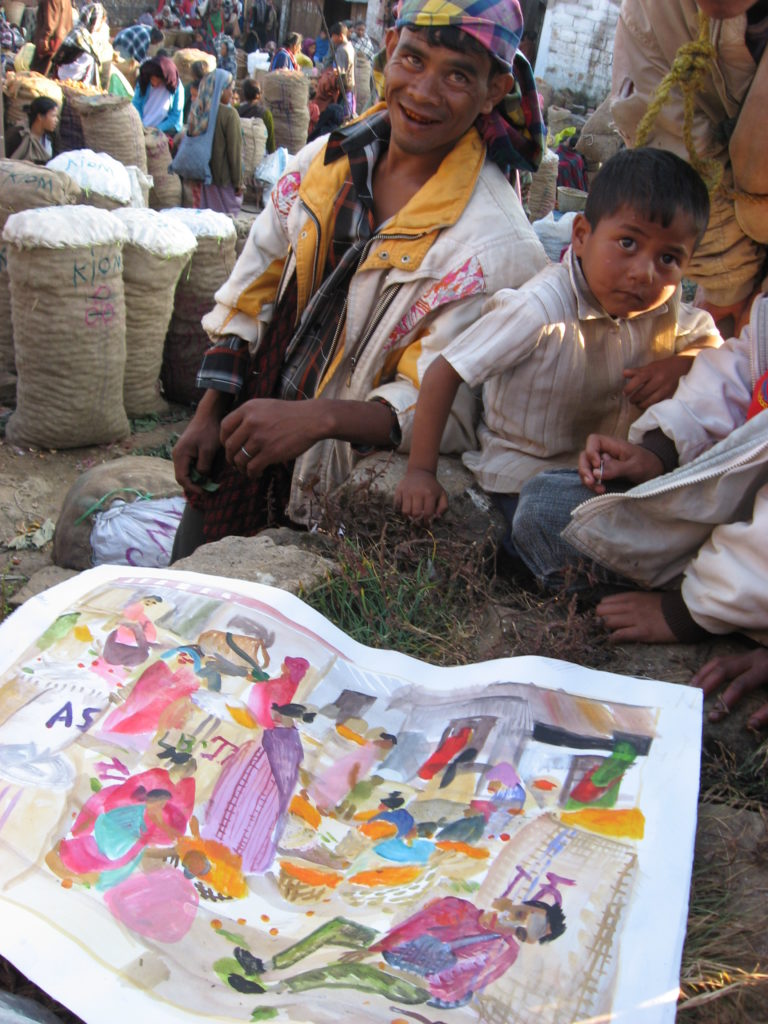
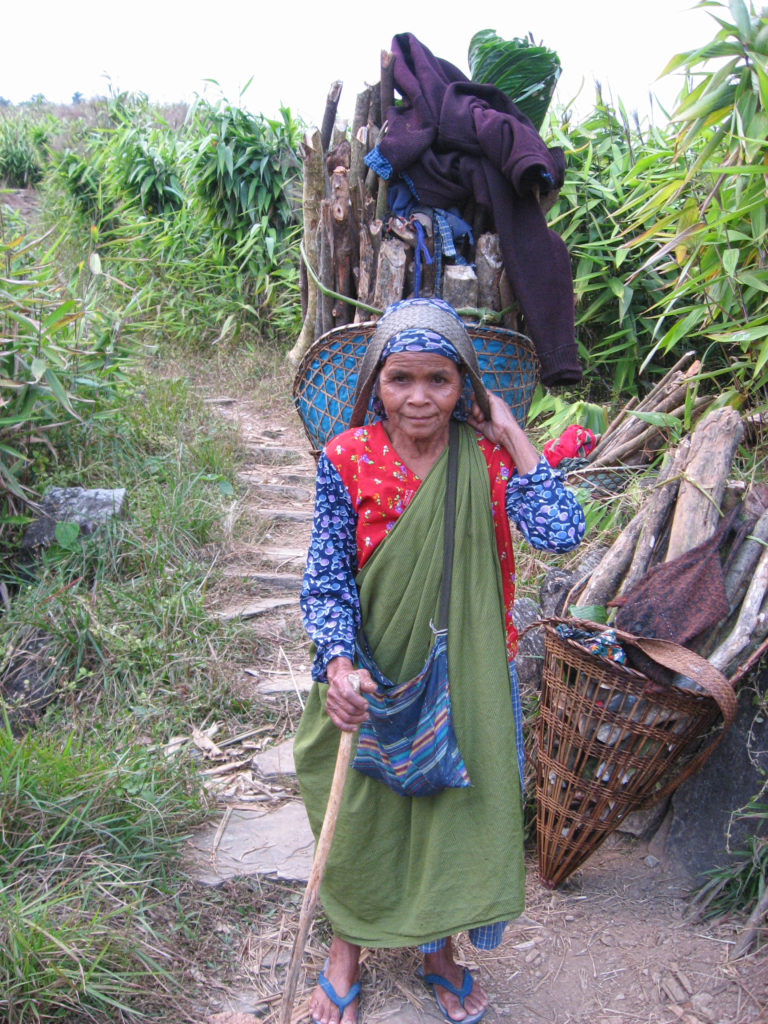
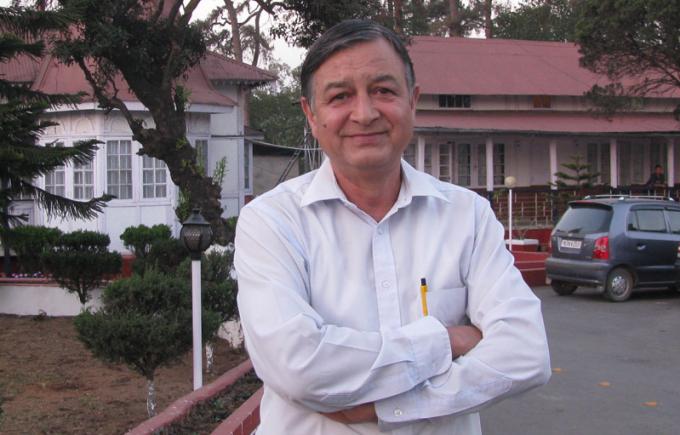
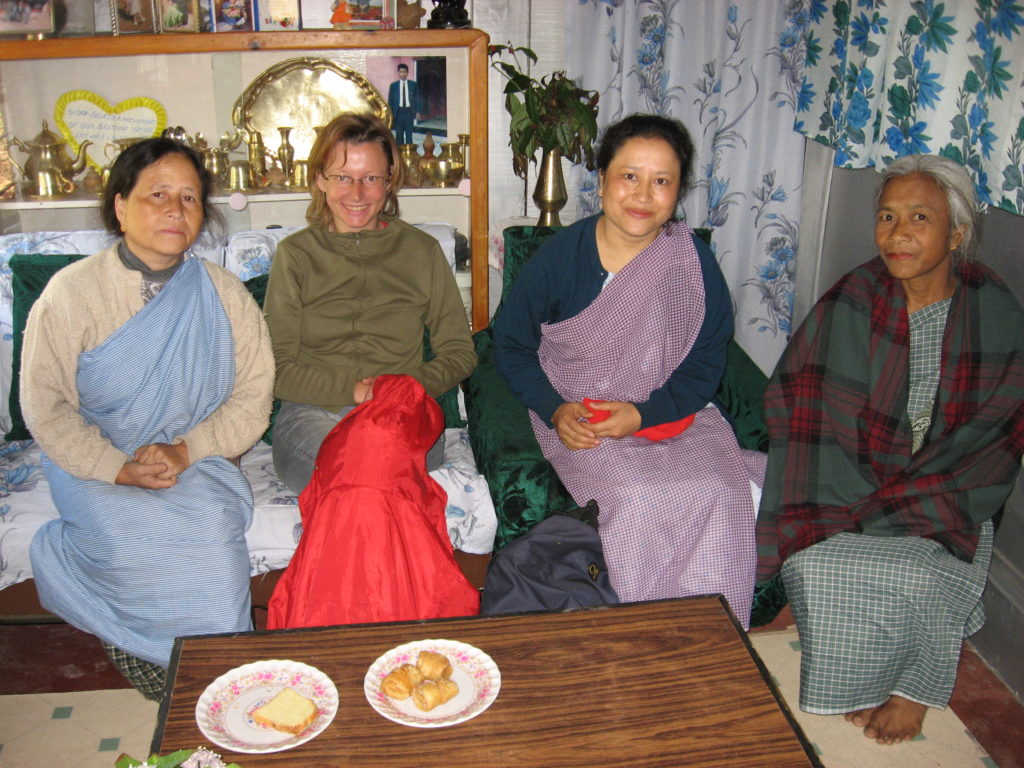
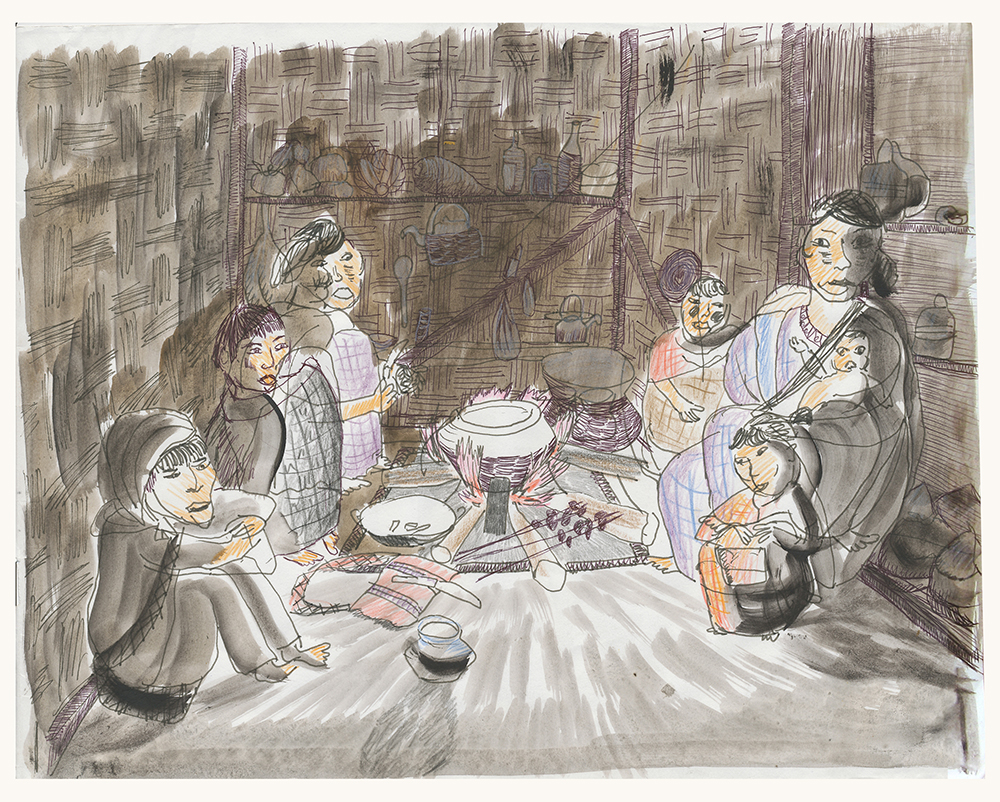
Khasi culture – eBook video
